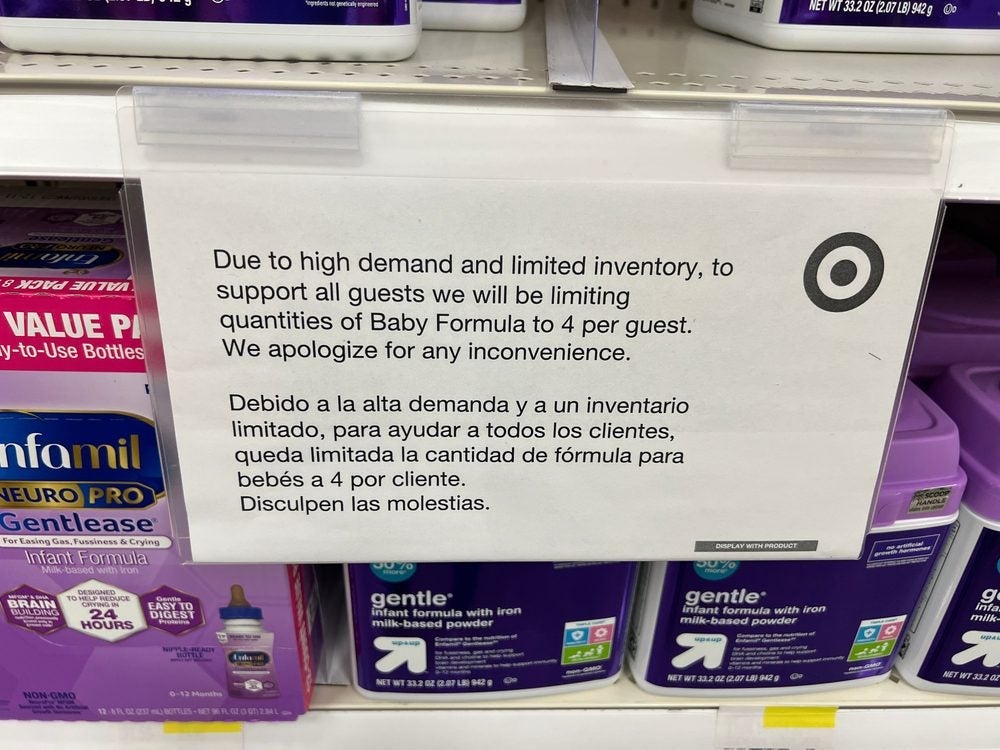(Direct) Most advertising, marketing and public relations professionals know a blog—short for Weblog—when they see one. But many are skeptical about actually using this relatively new self-publishing platform.
This time next year, though, it’s a pretty safe bet that those people will have come to their senses. A company would have to be either misinformed or just plain stubborn to not at least consider adding one of these running online forums to its business plan. Like e-mail newsletters, they are an excellent form of ongoing communications with customers.
Here are 10 reasons why:
1. Blogs are interactive: In many cases, marketing is a monologue, a well-choreographed sales pitch to an audience of passive prospects. But one of the key attributes of a blog is that it allows readers to provide honest, public feedback that’s posted below the author’s spiel. It involves your audience. By granting the opportunity to respond almost instantly to any and all posts, a blogger is building a mutually beneficial relationship with his or her constituency. As the level of confidence grows between a blog and its readers, so does the potential for lucrative new business activity.
2. Blogs are humanizing: A blog may be dependent on cold, Web-based technology for hosting and distribution, but its success rests on its author’s ability to come across as honest, credible and down-to-earth. There is no spinning of the truth in the blogosphere. The idea is to break through the corporate-speak and to put a fresh, trustworthy face on your organization. Like a good newspaper column or editorial, most blogs are written in one strong, opinionated voice and don’t shy away from controversy and difficult subjects. Some of the best business blogs in existence are some of the most candid.
3. Blogs are inexpensive: In most cases, a blog’s only cost is for the value of the time and talent required to create and maintain it. Sure, some hosted services, like Typepad, charge a modest monthly fee. But there are plenty of free, ad-supported blogging services and tools available. My blog, “A Fine Kettle of Fish” (written under the aegis of Yellowfin Direct Marketing), uses perhaps the most popular one of them all, Blogger. It doesn’t matter which service and tools you use to publish yours, though — the financial barriers to entry are so few and far between, you almost can’t afford not to establish a presence.
4. Blogs are immediate: A blog makes it possible for the everyday communications pro to distribute newsworthy, thematic content to a large, like-minded audience — with few, if any, layers of approval — almost instantly. If timeliness is a critical element of your publishing plan, it’s an irresistible platform. A blog lets you draw out invaluable feedback, too, without having to waste time with the traditional rites of business courtship.
Comments from readers are akin to free market research. If your goal is to establish an open, online dialogue with prospects and influential people who might otherwise not give you the time of day, a blog may be exactly what you need to do it.
5. Blogs are infectious: Like any good viral marketing campaign, the content of the best blogs is passed from reader to reader, extending the author’s reach — and influence — exponentially. Bloggers are notorious for linking to other blogs they recommend and respect. And other related sources of news, information and opinion — even offline, traditional publications — won’t hesitate to pick up an interesting post and republish it.
So, in effect, a blog gives you the power of a syndicated columnist. What’s more, search engines such as Google are all over blogs, especially when they’re updated regularly. Blogging results in more top placements than you ever could have imagined for you and your organization.
6. Blogs are empowering: Today’s consumers and business prospects are desensitized to sales pitches; they’ve seen and heard it all. Such rampant skepticism reared its ugly head in a recent Gallup survey, which ranked people in advertising very low for their honesty and ethics. Ouch! At the very least, we may as well accept this much: we have lost more than a little control.
However, because a blog is such an open, unadorned grassroots medium, its trust factor is high from the get-go. The format alone is engaging and empowering. With RSS (Really Simple Syndication), the audience decides what they want and when they want it. They have the upper hand. And by giving recipients the authority to post their own comments, it’s easy for the public — and fellow bloggers — to hold advertising, marketing and PR pros accountable for their claims. Think quid pro quo.
7. Blogs are enjoyable: There are any number of sound business reasons to blog, but let’s not forget how much of a pleasure they are for both author and audience. So the fun factor should not be underestimated. Most blogs are quick and easy to absorb, a refreshing change of pace from typical marketing riffs and age-old corporate-speak. Bloggers aren’t just writers, they’re also publishers, opinion leaders, risk takers and entrepreneurs. They’re people who are inclined to live by the mantra, “Seize the day.” They’re passionate about their craft and evangelical about their content. And in many cases, their readers are just as fanatical.
8. Blogs are authoritative: We’re not talking about those cathartic, diary-like blogs kept by moody, meandering teenagers — we’re talking about the most sophisticated in the blogosphere, the ones owned and operated by today’s savviest businesspeople. Written by the heaviest hitters in their fields, these blogs go a long way toward formalizing their authors’ knowledge, insight and overall sphere of influence.
Ideally, your blog will provide readers with plenty of fresh, premium content they can’t find anywhere else. But you’d better think twice before posting. If you haven’t done your homework, your readers won’t hesitate to call you out. On the other hand, if your commentaries are consistently on the mark, your blog may soon become a frequently visited destination and raise your industry profile to unprecedented heights.
9. Blogs are valuable: A blog is tailor-made for storing and managing intellectual capital. It’s a centralized repository for experience and expertise, an incredibly easy way to disseminate key, timely information to an audience of readers who are already interested in what you have to offer.
The cost to set up and maintain a blog is practically nil. And the dividends — for those on either side of the equation — can be priceless.
As Jeremy Wright, author of the business and technology blog Ensight, says: “Anything that can get the right info to the right people at the right time, empower your company to become a thought leader and let you know [how your customers and the industry feel about you] in real time is something that has massive value.”
10. Blogs are popular: As recently as five years ago, there really weren’t that many blogs in existence, but today the number is growing rapidly. If you use press releases, newsletters and bylined articles to promote your products and people, blogs are the next best thing — right now.
Last year, “blog” topped Merriam-Webster’s list of the 10 most looked-up words. And blogs received wide acclaim in The New York Times Magazine’s recent “Year in Ideas” issue. From this evidence, it would seem that blogs are here to stay.
Bob Cargill (Cargill123@aol.com) is an independent creative director and copywriter. He provides creative and consulting services to Yellowfin Direct Marketing and other clients. His blog can be found at www.anewmarketingcommentator.com.
 Network
Network



